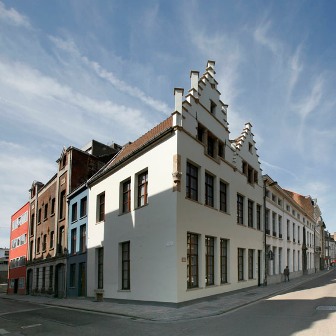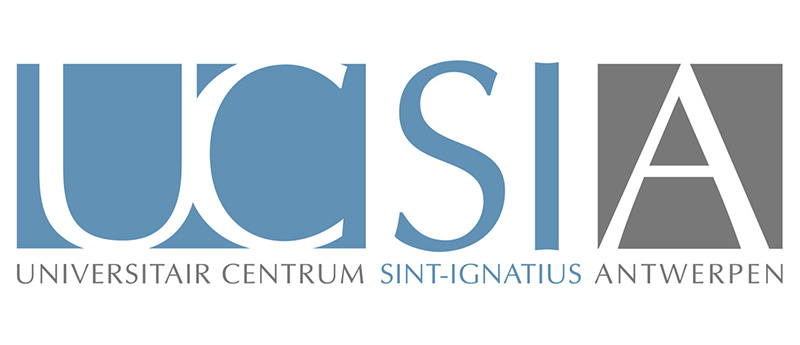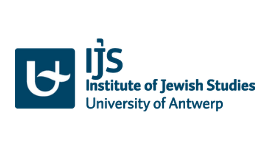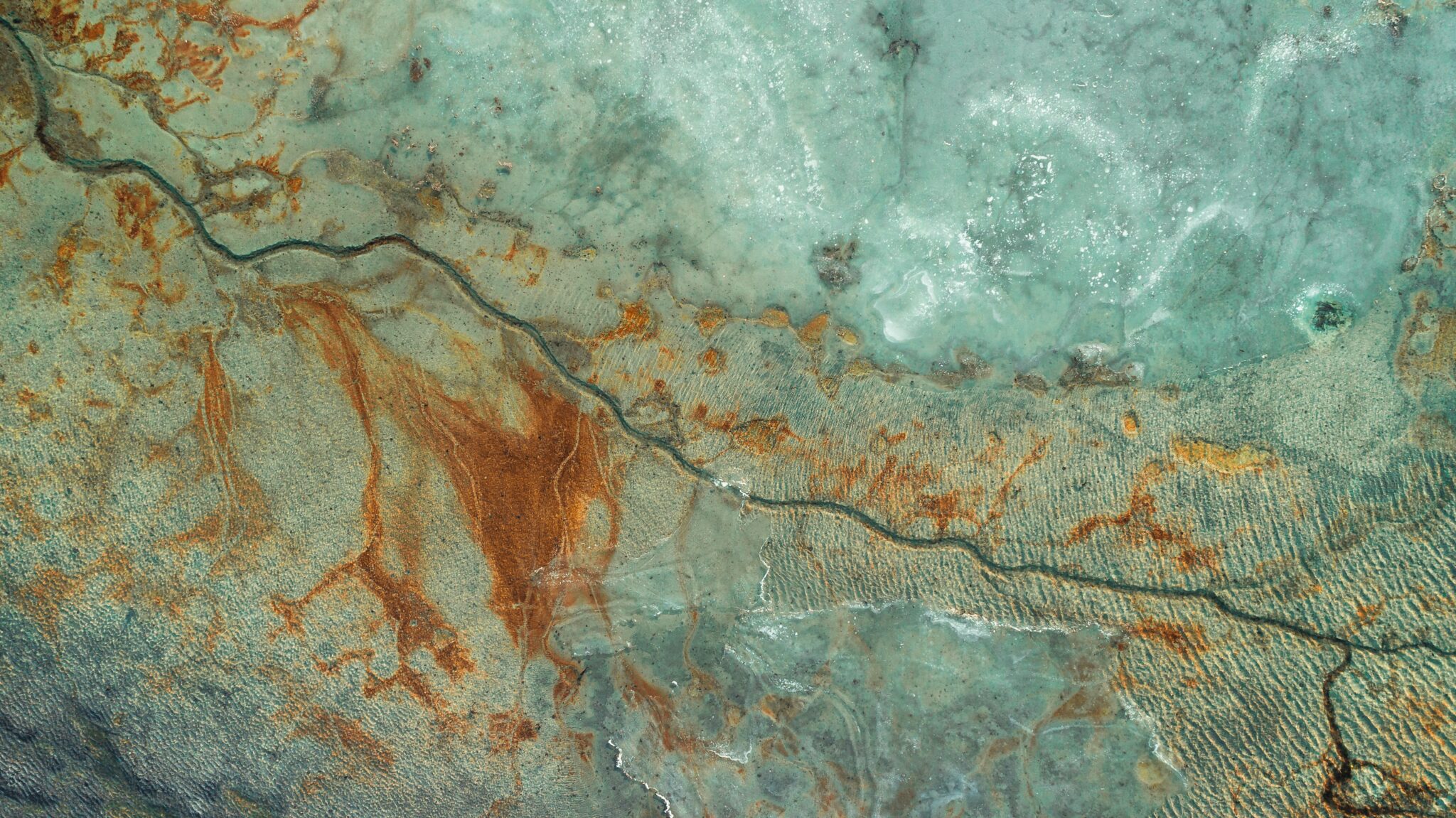
From Fracture to Flourishing:
Jewish Law, Theology, and Environmental Ethics
UCSIA/IJS Chair webinar on 1 March 2022
The UCSIA/IJS Chair for Jewish Christian relations, founded in 2008, aims to encourage the study of Judaism’s and Hebraism’s history from the perspective of Jewish-Christian dialogue in order to interpret its place in the contemporary European culture and to investigate its contribution to the interreligious dialogue. On the occassion of the fourteenth edition of the Chair, UCSIA and the Institute of Jewish Studies (University of Antwerp) have invited professor Ariel Mayse (Stanford University) to give a keynote lecture on environmental ethics from a Jewish perspective. A response based on common Judeo-Christian and Christian sources will be brought forward by professor Annemarie C. Mayer (Trier University).
In his lecture professor Mayse will explore how to draw upon the full range of Jewish theological, legal, and philosophical literatures to construct an environmental ethic, one that counters the values of market individualism and extractivism with alternative narratives and theories of obligation toward the non-human world. Rabbinic tort law can help us conceive of thorny problems like distributive justice, collective action, cumulative pollution, and “slow violence”; Jewish creation narratives offer a vision of an integrated world, connected by sacred time and space beyond human instrumentalization; its mystical tradition enables the cultivation of resilience and hope through contemplative interiority. “The ecological crisis,” writes Mary Evelyn Tucker (director of the Forum on Religion & Ecology, Yale University), “is also a crisis of culture and of the human spirit. It is a moment of reconceptualizing the role of the human in nature.” The aim of this work is to contribute to such renewal through constructively reading the sources of Jewish law and theology.
Keynote
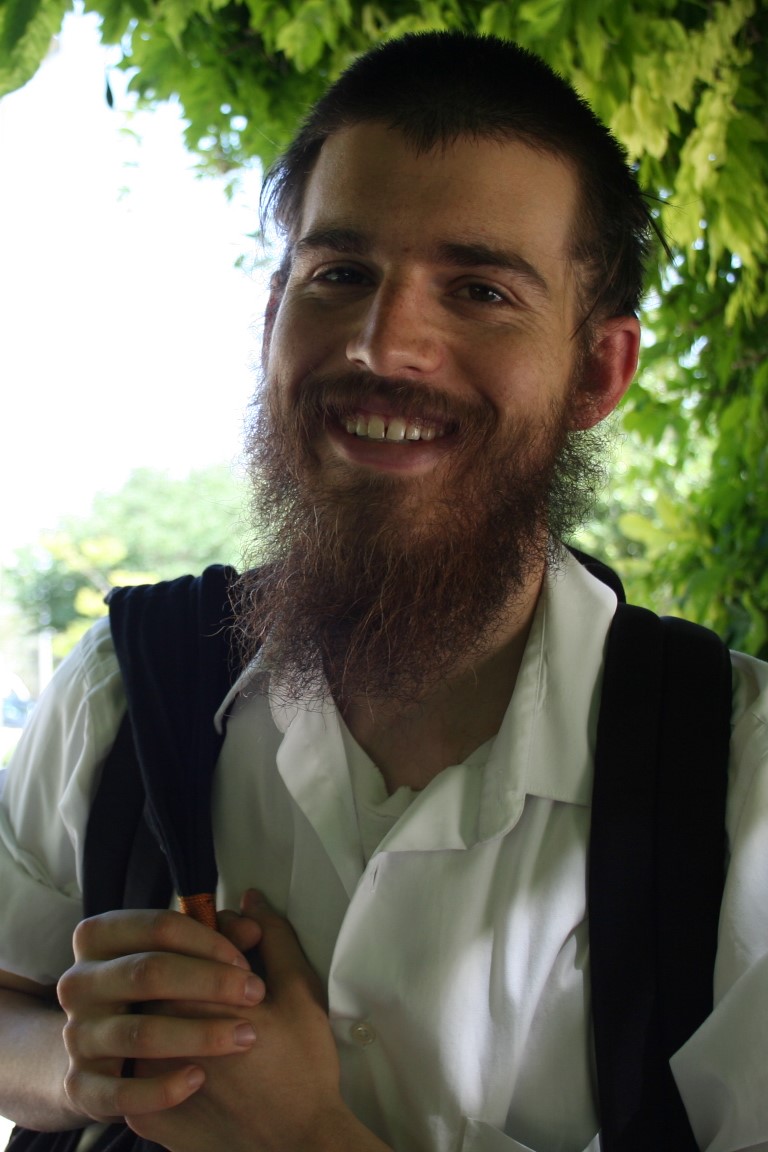
Ariel Mayse
Ariel Evan Mayse joined the faculty of Stanford University in 2017 as an assistant professor in the Department of Religious Studies, after previously serving as the Director of Jewish Studies and Visiting Assistant Professor of Modern Jewish Thought at Hebrew College in Newton, Massachusetts, and a research fellow at the Frankel Institute for Advanced Judaic Studies of the University of Michigan. He is currently a fellow at the Kogod Research Center at the Shalom Hartman Institute of North America.
Mayse holds a Ph.D. in Jewish Studies from Harvard University and rabbinic ordination from Beit Midrash Har’el in Israel. Mayse’s research examines the role of language in Hasidism, manuscript theory and the formation of early Hasidic literature, the renaissance of Jewish mysticism in the nineteenth and twentieth century, the relationship between spirituality and law in Jewish legal writings, and the resources of Jewish thought and theology for constructing contemporary environmental ethics.
He is the author of Speaking Infinities: God and Language in the Teachings of Rabbi Dov Ber of Mezritsh (Philadelphia: University of Pennsylvania Press, 2020; Hebrew translation, forthcoming in 2021), and the two-volume A New Hasidism: Roots and A New Hasidism: Branches, with Arthur Green (Philadelphia: Jewish Publication Society and University of Nebraska Press, 2019). His newest book, As a Deep River Rises: Judaism, Ecology and Environmental Ethics is under contract with Brandeis University Press.
Response
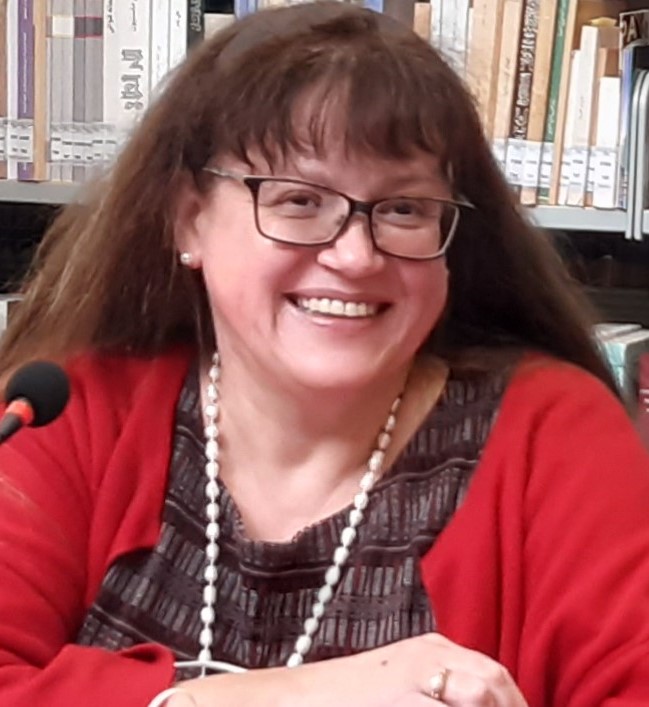
Annemarie C. Mayer
Annemarie C. Mayer is professor of Dogmatics and the History of Dogma at the Faculty of Theology, Trier, Germany. Until September 2021 she was professor of Systematic Theology and the Study of Religion at the Faculty of Theology and Religious Studies of the Catholic University of Leuven. Her teaching and research is focussed on the interrelation of theology, religion and contemporary culture as well as on ecclesiology, ecumenical hermeneutics, and (the history of) interreligious dialogue.
Because of her interreligious interests she was also a member of the Vatican delegation to the Second Catholic-Muslim Forum in Jordan (2011), the Islamic-Catholic Liaison Committee (2013) and the delegation of the Pontifical Council for Interreligious Dialogue to the University of Al-Azhar, Cairo (2016). Until 2013 she was the Catholic consultant at the World Council of Churches in Geneva and taught fundamental theology at the University of Fribourg, Switzerland. Before that she taught at the Institute for Ecumenical Research at the Catholic Faculty of the University of Tübingen and at the University of Stuttgart-Hohenheim, Germany.
She is one of the editors of the open access online journal “Religions”, was editor-in-chief of Louvain Studies (Peeters) and one of the academic editors of The International Journal for the Study of the Christian Church (Taylor & Francis) and Ephemerides Theologicae Lovanienses (Peeters).
Partner
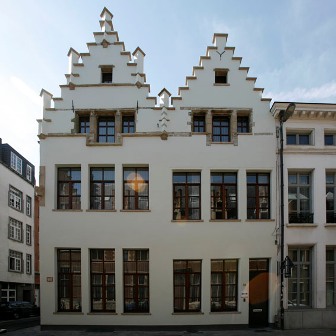
UCSIA
Koningstraat 2
B-2000 Antwerpen
info@ucsia.be
Tel. +32 (0)3 265 49 60
Voorlopige locatie tijdens de renovatiewerken:
Blindestraat 14, 2000 Antwerpen
